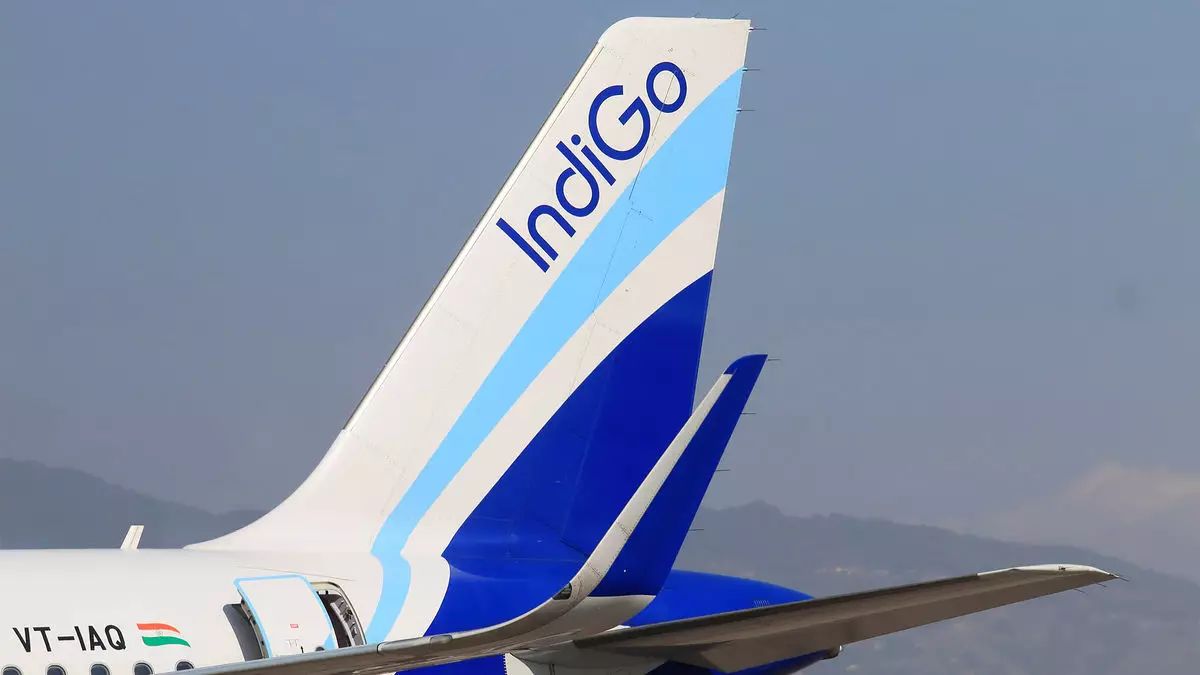The landscape of aviation is continuously evolving, with carriers seeking innovative strategies to entrench their positions in the market. In this environment, IndiGo, India’s largest airline, has made a significant announcement that could reshape its trajectory. The airline has initiated codeshare partnerships with prominent international players, including Delta, KLM, and Virgin Atlantic. These collaborations mark an essential milestone in IndiGo’s journey from its origins as a budget domestic carrier to a formidable global competitor.
IndiGo’s partnership with Delta and KLM for codeshare services to the U.S. and Canada from Amsterdam, as well as with Virgin Atlantic from Manchester, represents an important step toward integrating with a larger transatlantic alliance. While these arrangements may appear limited at first glance, they lay the groundwork for future growth and further cooperation between the airlines involved.
CEO Insights and Vision for Growth
During a press conference at the International Air Transport Association’s (IATA) Annual General Meeting, IndiGo’s CEO, Pieter Elbers, notably expressed the immense potential for expansion. Having already established codeshares with KLM and Air France on over 30 domestic routes, IndiGo aims to broaden its reach significantly. This shift towards transatlantic services through codeshares reflects a longer-term vision—eventually launching its own direct routes between India and the U.S. after the absorption of widebody aircraft in 2027.
Delta’s CEO, Ed Bastian, pointed to a cautiously optimistic outlook for deeper integration in the future, suggesting a growing interest in reciprocal partnerships, even if specific plans remain undefined at this point. His remarks regarding Delta’s expectations to resume operations in India hint at the possibility of a more comprehensive joint venture, illustrating that the interest in this dynamic market is mutual.
The Roadmap to International Expansion
IndiGo has outlined concrete plans to expand its long-haul offerings, with the July launches of routes to Manchester and Amsterdam serving as pivotal moments. This represents a significant transition for an airline predominantly known for its domestic connectivity across 91 cities in India. To compound this, IndiGo expects to add eight more long-haul destinations in the next year, including notable cities such as London, Copenhagen, and Athens.
Of paramount importance will be the introduction of new aircraft types, with IndiGo set to take on leased Boeing 787s for these new routes. However, the anticipated delivery of Airbus A350s in 2027 will represent a transformative step in the airline’s capability to offer competitive long-haul services, further enhancing its position in the global landscape.
A Competitive Market Landscape
IndiGo’s expansion is occurring within a competitive market arena, with Delta and KLM already maintaining a presence in the U.S. passenger market. While both airlines currently operate flights to numerous U.S. destinations from Amsterdam, the strategic codeshare arrangement with IndiGo enhances their connectivity and should ideally create a seamless travel experience for passengers.
Moreover, Virgin Atlantic’s partnership extends this competitive dynamic, as it seeks to capitalize on the burgeoning passenger demand between the U.S. and India. Notably, over 7 million passengers traveled between these regions last year, underlining a substantial market opportunity. By incorporating IndiGo into their networks, these airlines can leverage IndiGo’s well-established reputation in India while attracting international travelers to the subcontinent.
Charting the Future: Emerging Potential
For all the excitement surrounding these developments, it is essential to consider the regulatory complexities that accompany international aviation. The timeline for launching these new codeshares remains contingent on securing necessary approvals, presenting a hurdle to overcome as IndiGo navigates its ambitious growth strategy. Additionally, the integration of coding systems and operational procedures among these various airlines can pose challenges that require meticulous planning and execution.
IndiGo’s agility in adapting to the changing market dynamics will ultimately determine its success in this new venture. The airline’s current standing, with a robust order book of over 500 Airbus aircraft, exemplifies its readiness to seize the moment, although its future trajectory will depend on how well it executes its expansion plans.
As the global airline market continues to recover from the pandemic’s aftermath, IndiGo’s strides toward internationalization echo the broader industry’s trend of collaboration through codeshares, alliances, and strategic partnerships. This evolution not only enhances airline competitiveness but also enriches the passenger experience, ultimately shaping the future of air travel.


Leave a Reply